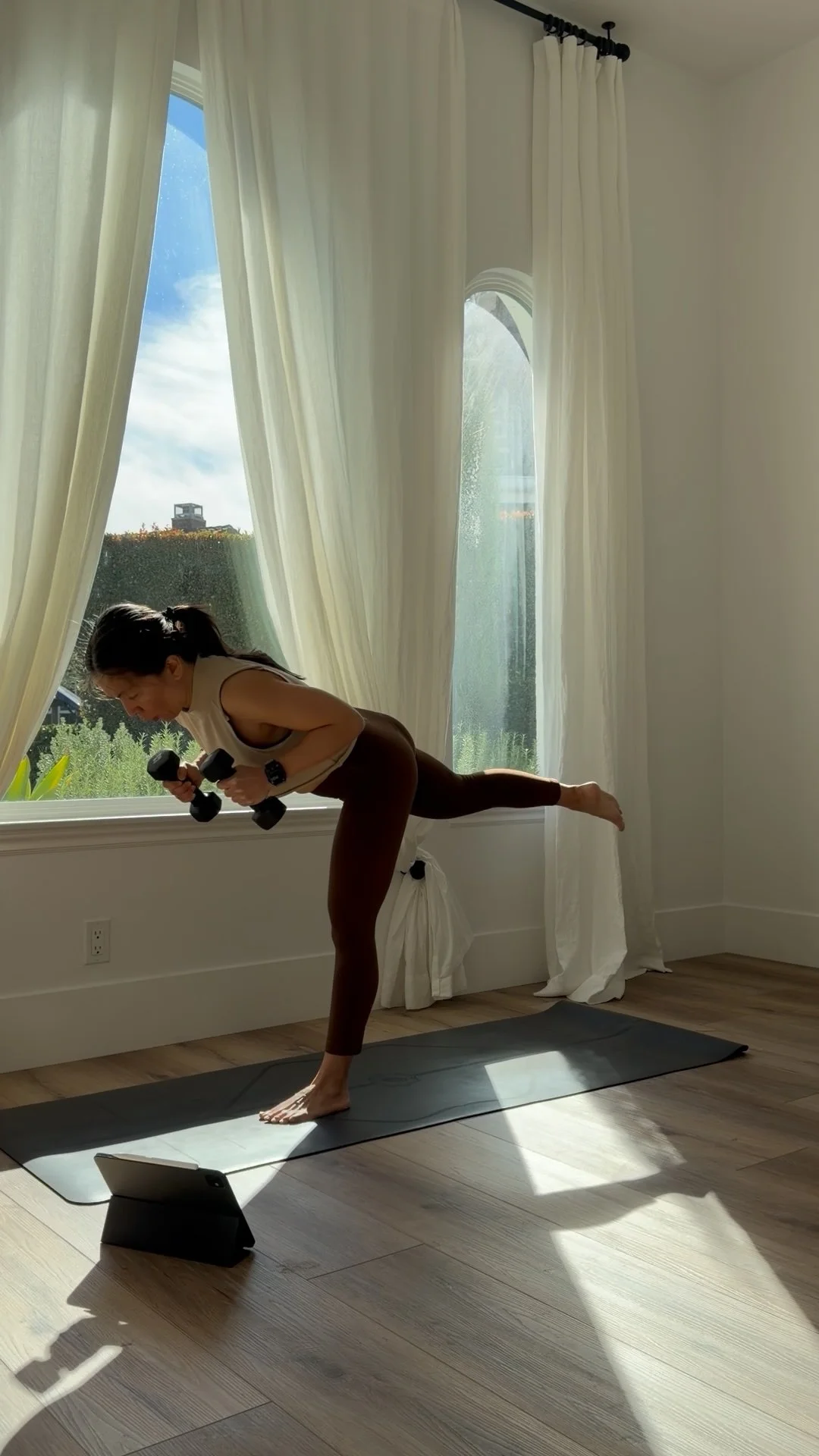Latest Workouts
Workout videos for strength, mobility, balance, and agility. Hi! I'm Marianne and these are my real at home workout videos. Natural lighting, no theatrics.
On equipments: Most workouts I post require a mat and a pair of weights. I may occasionally post workouts from my home gym which has: stall bars, bench, rowing machine.
Fitness philosophy: I believe in consistency, variety, being curious, and challenges when it comes to staying fit. Move more. Eat well. Feel good. Have goals. But don't overthink it.
Drillsy App Is Coming Soon
Drillsy App Is Coming Soon
Drillsy Fitness allows you to effortlessly practice fitness drills popular on social media. You can move and train with Drillsy’s workouts and programs or explore community-generated drills and fitness plans. The platform lets you create and share workouts. Discover a wide variety of routines and gather inspirations from different types of movement to achieve your fitness goals.
We are looking for fitness-minded people to beta test our app. Please fill out the form below to receive a beta invite.
Are You In?
About
-
Lifdb stands for life database and my mantra is commit to life. It’s a place I go to remind myself on how to live life fully, laugh more, and express gratitude for all I am in this life.
-
I am based in Southern California.
-
You can send an email to admin@lifdb.com.












